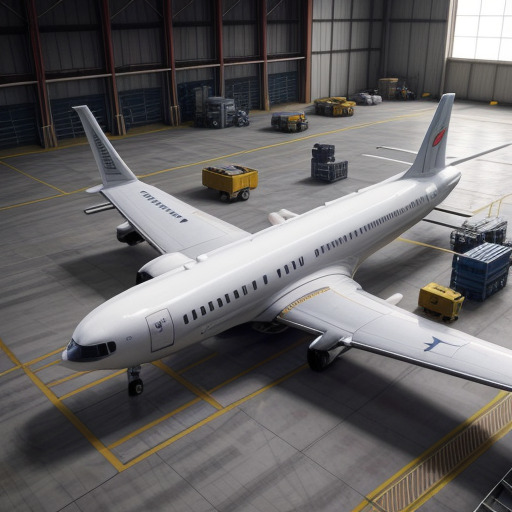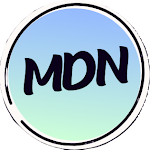
Dish Soap and a Hotel Key Card: The Unexpected Tools in Boeing 737 Max Production
A recent audit by the Federal Aviation Administration (FAA) raised eyebrows when it revealed that Spirit AeroSystems, a key supplier for Boeing, was using Dawn dish soap and a hotel key card in the manufacturing process of the 737 Max aircraft. While these unconventional methods may seem peculiar, Spirit claims that they are not a sign of carelessness but rather a testament to their innovative approach.
The FAA audit was conducted in response to an incident involving a 737 Max 9 operated by Alaska Airlines, where a door plug was blown off during flight. The investigation identified numerous issues at both Boeing and Spirit, including the unauthorized use of shop aids—tools that assist in the assembly process. This led to questions about the quality control measures at Spirit, which has faced financial losses and quality problems in recent years.
However, Spirit has defended its use of dish soap and the hotel key card, stating that they have been approved by Boeing's engineering authorities and documented as shop aids under FAA standards. Joe Buccino, a Spirit spokesman, emphasized that these methods are not indicative of sloppy work but rather an innovative approach to solving manufacturing challenges.
A Closer Look at the Unconventional Shop Aids
- Dawn Dish Soap: Spirit uses Dawn dish soap as a lubricant to help install certain parts of the aircraft, such as electrical harnesses. The soap's mild formula and ability to reduce friction facilitate the smooth insertion of these components.
- Hotel Key Card: A hotel key card, modified to have a rounded edge, is used as a tool to gently press and form certain aircraft parts. This method provides precise control and prevents damage to delicate materials.
Spirit's use of these unconventional shop aids has sparked discussions about the balance between innovation and adherence to established norms in the aviation industry. While these methods may not conform to traditional practices, Spirit maintains that they have been rigorously tested and meet the required safety standards. Ultimately, the FAA's decision to approve their use underscores the importance of finding creative solutions to manufacturing challenges while ensuring the safety and integrity of aircraft production.
Boeing's Response and Ongoing Oversight
Boeing has acknowledged Spirit's use of the unconventional shop aids and confirmed that they have been approved through the proper channels. The company emphasizes that all suppliers must adhere to stringent quality control measures, including the use of authorized tools and procedures. Boeing is working closely with Spirit to ensure that the manufacturing process meets the highest safety standards.
The FAA continues to monitor Spirit's operations and has implemented additional oversight measures in light of the recent audit findings. The agency is committed to ensuring that all manufacturers and suppliers comply with regulations and maintain the highest levels of safety in aircraft production. By working together, Boeing, Spirit, and the FAA aim to continuously improve the quality and integrity of the 737 Max and other aircraft models.

.png)
0 Comments